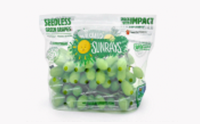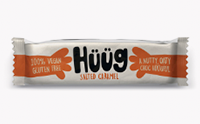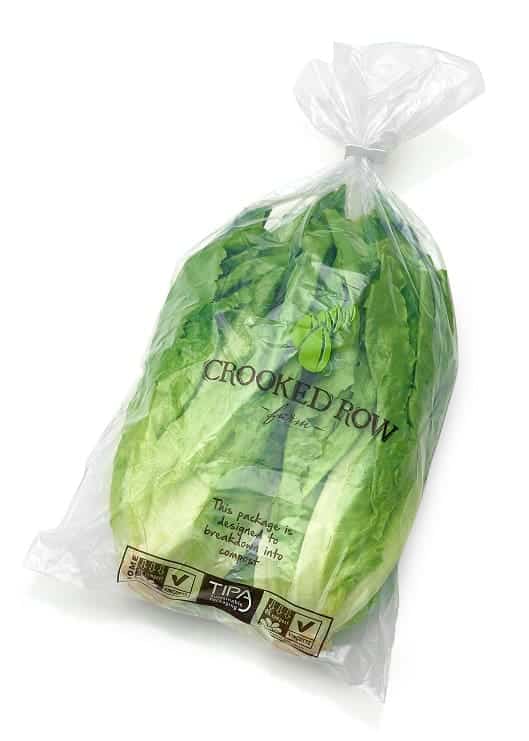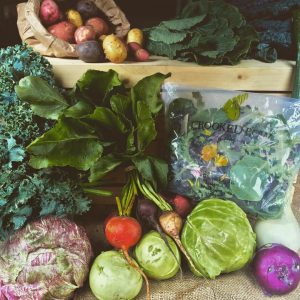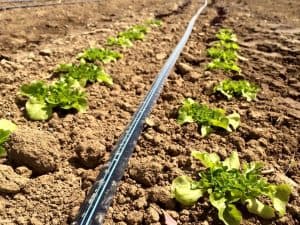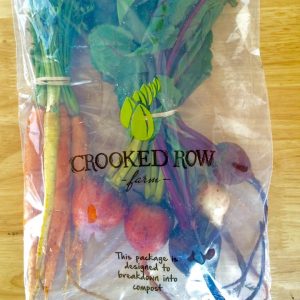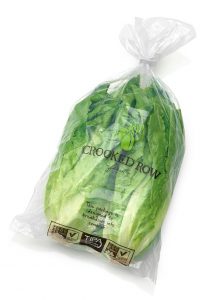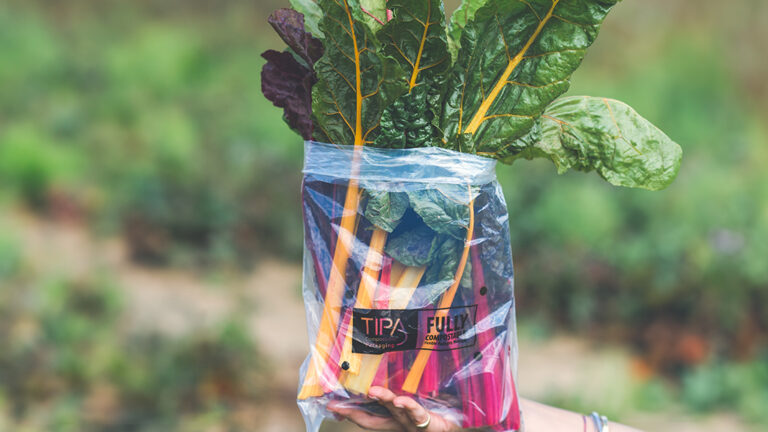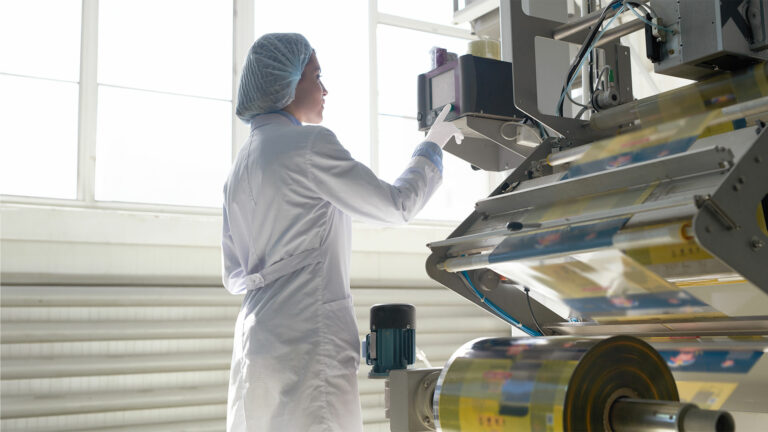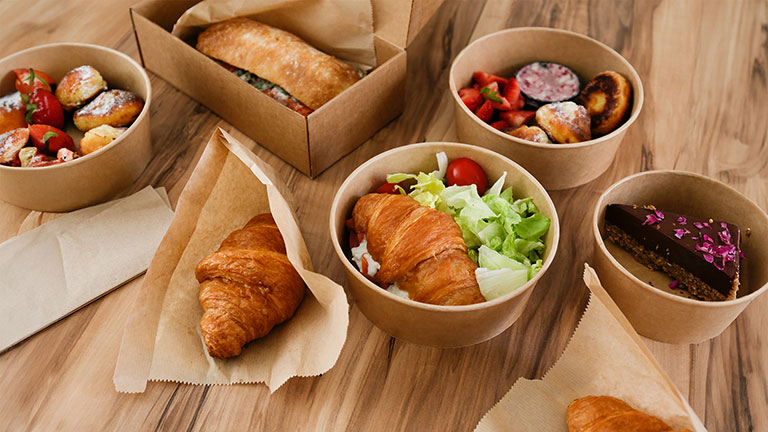Small beginnings can lead to great things – or in the case of Crooked Row Farm in Lexington, Kentucky, from what was a small personal garden, turned into a 3 acre farm production with 80 CSA (Community Supported Agriculture) members in just 5 years.
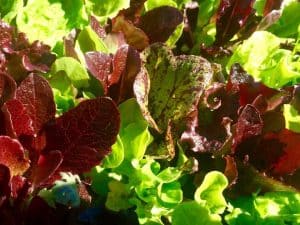
Choosing compostable packaging
We asked Robert Eversole, the owner of Crooked Row Farm, about his reasons for choosing compostable packaging. He answered by saying, “The giant Pacific Ocean garbage patch continues to grow, ecosystems and animal species are destroyed, and natural resources are wasted all so that we can temporarily store an item.” Robert goes on to make a point that “most recycling facilities no longer accept plastic bags of any sort, which further compounds the problem” And he understands that “the FDA doesn’t want to address the issue, because their guidance favors food packaging to be manufactured of virgin materials, and burdens those that wish to use recycled products.”
“It seemed so backwards to be doing so much to improve the quality of the land on our farm, just to send our products out, wrapped in a piece of trash to pollute land somewhere else,” Robert said. “However, the fact remains that food packaged in plastic will greatly outlast food packaged in anything else. Unable to compromise longevity and quality of our produce, we began to seek out a plastic alternative – which led us to compostable packaging.”
What is Community Supported Agriculture?
Back to CSA, or Community Supported Agriculture, which is a concept that works by consumers paying farmers for a share of that season’s produce, before they begin farming for the year. This allows farmers to focus on sales early in the season, so that when the long days of summer begin, they can work in the fields without worrying about who is going to buy their crop. In exchange for purchasing a share, the farmers then share their weekly harvest with consumers throughout the growing season.
Collaboration with TIPA
We had a chance to ask Robert his opinion of why he chose TIPA for his compostable packaging. “To be honest, there aren’t that many options in compostable packaging…especially for branded compostable packaging. What impressed us most was the range of options and customization that were available to us.” A huge advantage was that “we were able to easily find a packaging solution for our situation which is what ultimately convinced us to trial the product.”
Sustainability means using common sense – even if it means more work.
At Crooked Row Farm “sustainable” means using common sense.
Says Robert, “It’s the philosophy of taking care of what takes care of you.
Crooked Row Farm does this by:
• Using composted animal “poop” to feed crops.
• Using new technology to help conserve limited resources (like water).
• Protecting beneficial insects, such as bees/predators of damaging pests.”
Robert concluded, “Being proactive in disease prevention by using proven control techniques rather than subscribing to the “spray, spray, spray” regime of BigAg. It means stepping back and making the best choice for the entire ecosystem, even if that does mean more work!”
A win-win for all
Commenting on TIPA’s project with Crooked Row Farm, Elz Hotam, TIPA VP Sales said, “TIPA is honored to be working together with Crooked Row farm. The big idea here is that within a few months after the packaging ends its use it will turn to compost, a resource for the planet and its sustainability. Equally important is the easiness of disposal for the end user. Instead of establishing new systems, and imposing additional effort on the consumer, compostable packaging can be easily integrated into existing food waste infrastructure.”
A win-win for all!









